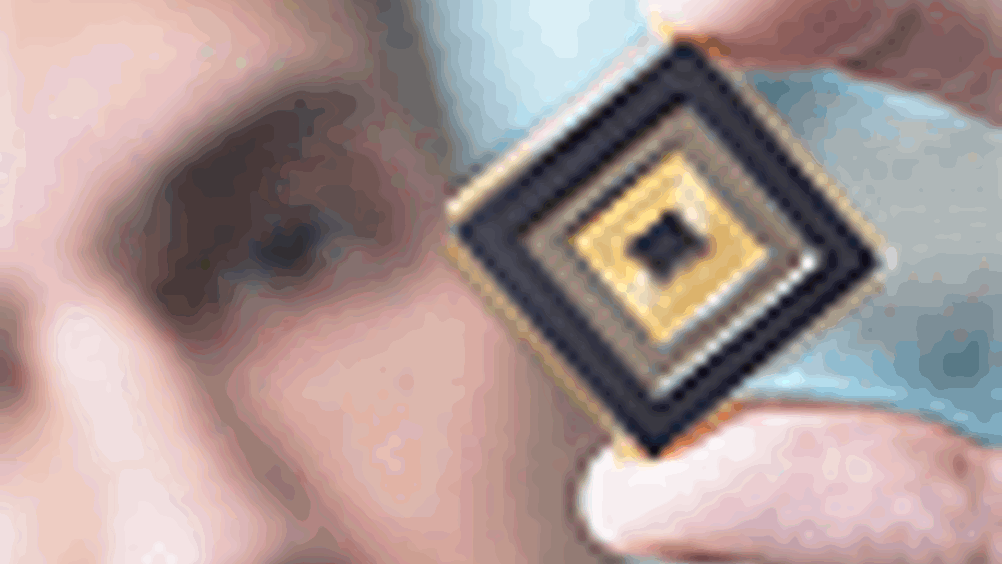Light detection for medical imaging

A digital light detection technology from Philips Electronics is promising to remove the use of analogue signals from medical imaging entirely.
Philips’ silicon photomultiplier technology digitally detects light and processes the signal all on one chip.
The developers believe such a chip could improve the performance of positron emission tomography (PET), a nuclear medicine imaging technique that produces a 3D image of functional processes in the body.
Carsten Degenhardt, research and development manager of Philips Digital Photon Counting, said most light detection technology outputs information through analogue signals, which are affected by noise interference.
Degenhardt said that the Philips chip would be unaffected by such interference and therefore it could improve sensitivity and imaging capabilities.
‘So a physician could see a tumour earlier and adjust the treatment to treat a patient earlier,’ he said, adding that scan time could also be reduced because detection and processing of light is done on one chip. This would mean patients would be exposed to less radiation.
Register now to continue reading
Thanks for visiting The Engineer. You’ve now reached your monthly limit of news stories. Register for free to unlock unlimited access to all of our news coverage, as well as premium content including opinion, in-depth features and special reports.
Benefits of registering
-
In-depth insights and coverage of key emerging trends
-
Unrestricted access to special reports throughout the year
-
Daily technology news delivered straight to your inbox










Water Sector Talent Exodus Could Cripple The Sector
Well let´s do a little experiment. My last (10.4.25) half-yearly water/waste water bill from Severn Trent was £98.29. How much does not-for-profit Dŵr...